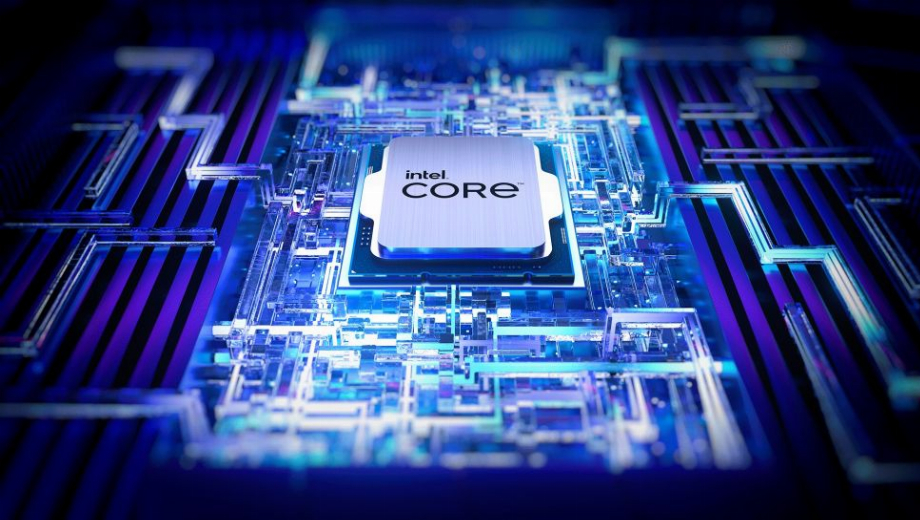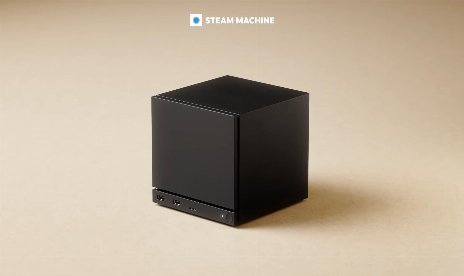New Core i5-1350P barely beats previous gen, according to leaks

Benchmark leak results for Intel’s new generation of processors have begun to leak, and the results for the new Core i5-1350P chip are barely above that of its predecessor, sparking some concern amongst fans.
Intel’s new series of processors, the 13th Generation Core “Raptor Lake” processors, are expected to be revealed in early 2023, so leaks emerging now is not a huge surprise. What is a huge surprise is the relatively small differences between the Core i5-1350P and last year’s chip, the Core i5-1250P. While it comes on top in single-thread integer, float, and crypto, and multi-thread and floating point, it’s only by a narrow margin. Moreover, the Core i5-1250P wins out in multi-thread integer and crypto tasks, proving how small the difference really is.
But there’s a small note to this which may be of some solace, if you were planning on pouncing on a new i5 immediately after the announcement. It’s important to note these tests were carried out when installed into an Acer TravelMate P614-53, a laptop that hasn’t been announced yet. As such, a lot depends on the cooling options and power plan used by the OEM in that laptop, so those results may not translate directly into real-life use.
We’ve kept you in the dark for long enough, though: What actually are the specs? The Core i5-1350P is a 12-core processor with four high-performance 1.90 GHz – 4.70 GHz Raptor Cove cores and eight energy-efficient Gracemont cores to boot. Power draw sits at 28W, as designed, but it’s assumed it can draw up to 64W when under high loads. This is one of the new processors that won’t get additional cores, which goes some way to explaining the small differences between benchmarks.
However, additional performance may be possible, depending on cooling configurations and tuning by individual manufacturers. It’s important to note the Intel Core i5-1350P does have higher clocks than its predecessor, even if they’re not dramatically larger. Still, best to assume your performance with this processor isn’t likely to hugely outstrip its ancestor, though manufacturer tinkering may help to boost those numbers up a little.





![POLYBIUS v1.0 (+1 Trainer) [PLAYMAGiC]](https://9588947a.delivery.rocketcdn.me/wp-content/uploads/2026/02/POLYBIUS-01-scaled-464x276.jpg)

![Yakuza Kiwami 3 & Dark Ties v1.12+ (+46 Trainer) [FLiNG]](https://9588947a.delivery.rocketcdn.me/wp-content/uploads/2026/02/Yakuza-Kiwami-3-and-Dark-Ties-01-scaled-464x276.jpg)


























